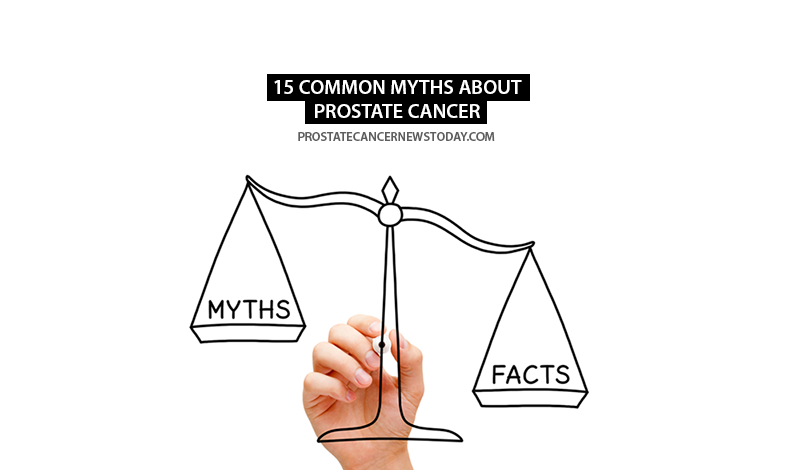13. All Prostate Cancers Need to Be Surgically Removed:
There are many treatment options to address prostate cancer and not all patients are treated with surgery. The survival benefits from HIFU, cryoablation, radiation and surgery are similar, and physicians evaluate numerous factors before making any recommendation. Surgery may be the fastest way to resect the tumor, but it is also associated with decreased quality of life due to side effects such as incontinence, impotence, shortened penis and positive margins.
14. Prostate Cancer Recurrence is Always Treated with Long-Term Androgen Deprivation Therapy (ADT):
When a patient is treated for prostate cancer with radiation therapy or other therapies and the cancer returns, there are numerous treatment options. It’s a myth that the only effective method is long-term ADT. “A rising PSA after any definitive treatment option for localized prostate cancer demands a prostate biopsy to detect a possible recurrence. Depending upon the man’s age and co-morbidities, he may be considered for a minimally invasive treatment option such as HIFU or cryo to treat a localized prostate cancer recurrence rather than being placed on long-term ADT and the associated problems of metabolic syndrome and bone thinning.”
15. Cure Rates from Different Treatment Options are Easily Comparable:
It’s common for patients to search the internet for cure rates associated with different treatment options. However, these cannot be compared without further information. The comparison may be misleading since few studies include independently validated prostate pathology, patients have different characteristics, and both technology and treatments are constantly evolving.
Learn more about 6 therapies and treatment options for prostate cancer.
Prostate Cancer News Today is strictly a news and information website about the disease. It does not provide medical advice, diagnosis or treatment. This content is not intended to be a substitute for professional medical advice, diagnosis, or treatment. Always seek the advice of your physician or other qualified health provider with any questions you may have regarding a medical condition. Never disregard professional medical advice or delay in seeking it because of something you have read on this website.

